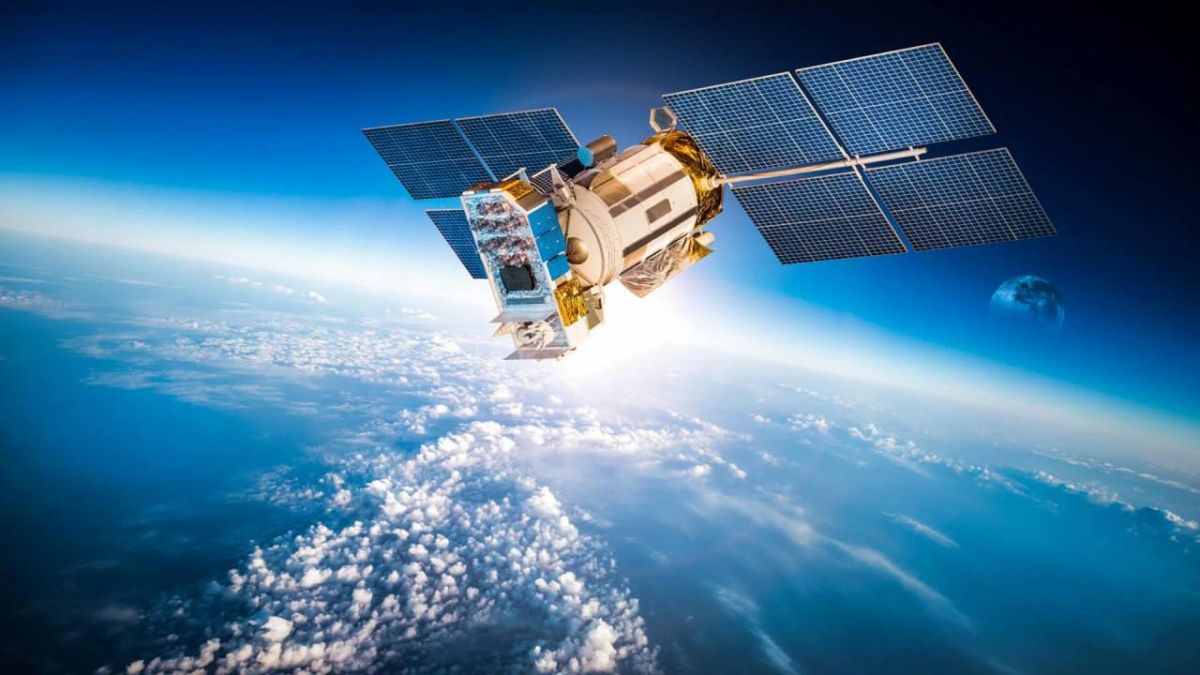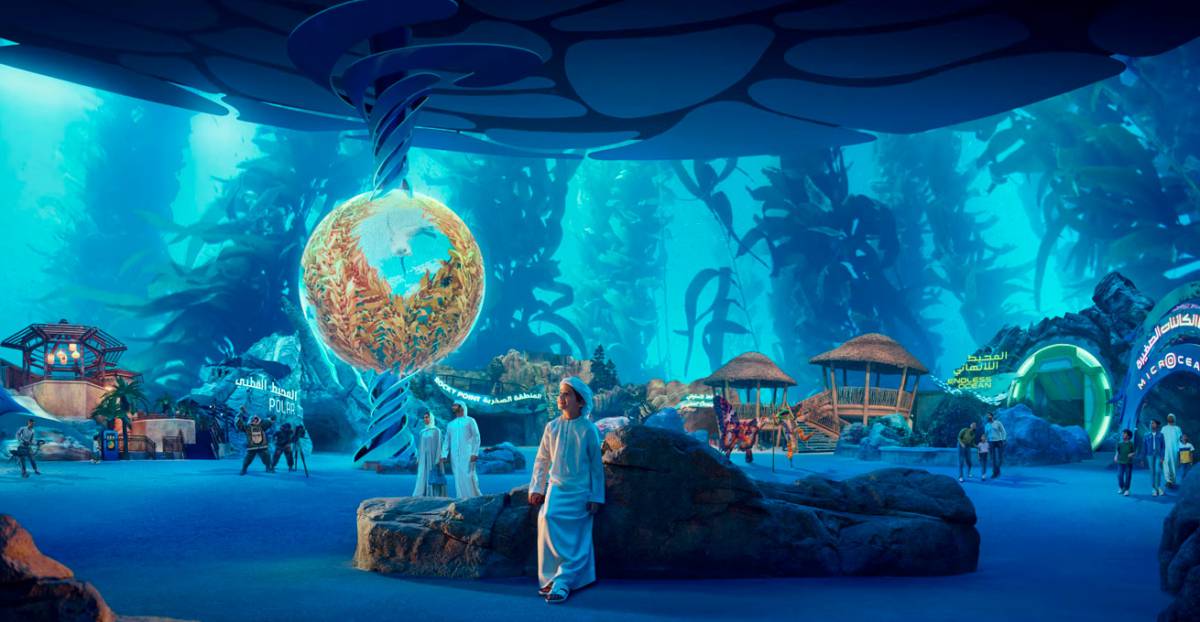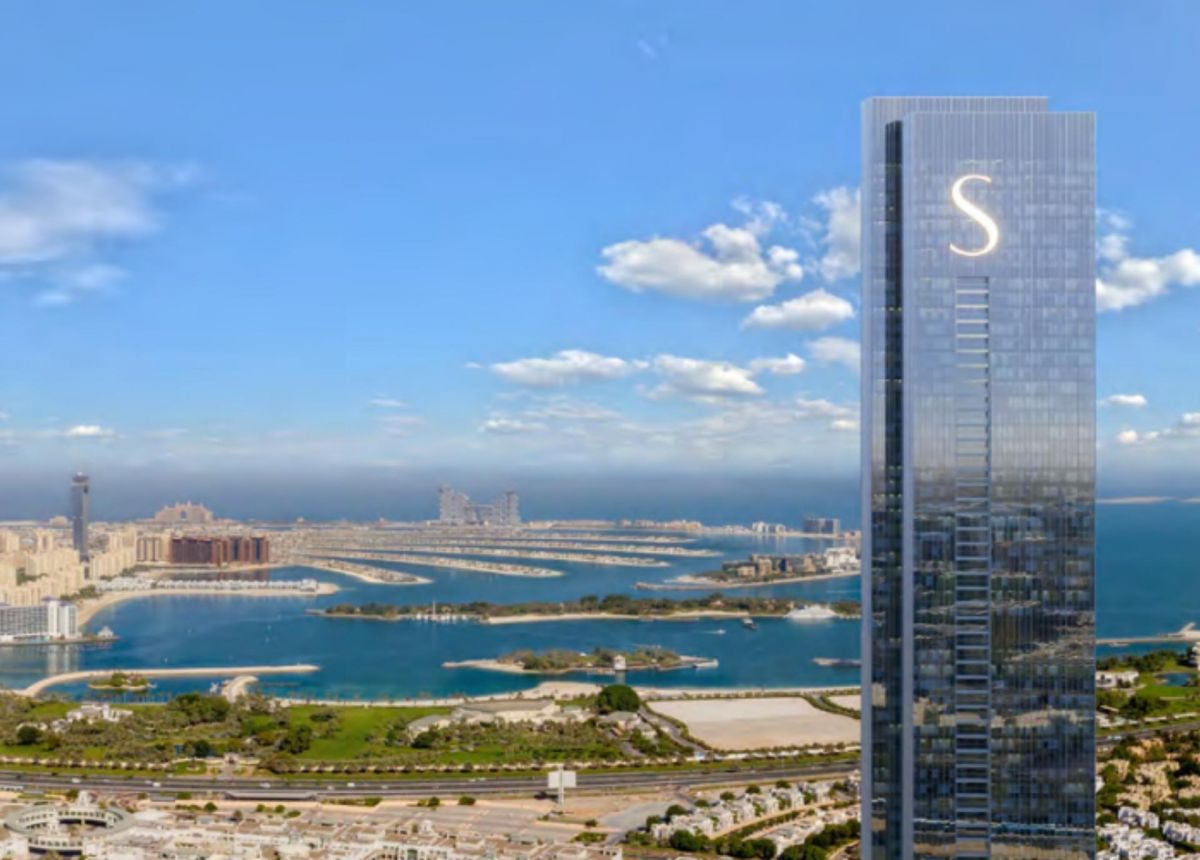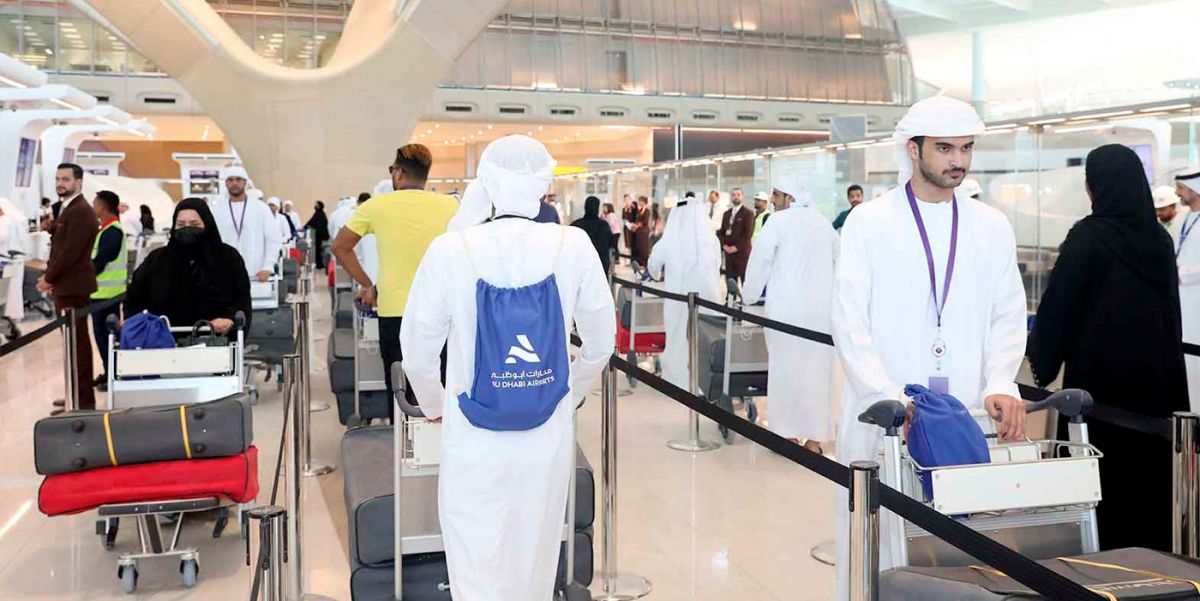UAE Launches Its Satellite Program: Pathway to Cosmic Possibilities

Gone are the days when space was an unattainable realm. The UAE, known for its drive towards innovation and progress, embarks on a new phase of development - the launch of its own satellite program named Sirb. This step promises to pave the way for the country's exploration of space and the utilization of its capabilities to address global challenges.
The UAE's plans involve launching its first radar satellite in 2026. It will serve as a powerful tool to combat climate change, aiding in improving our ability to forecast and respond to natural disasters. This is just the beginning - Sirb pledges not only to enhance disaster management but also to support urban development and infrastructure, elevating the comfort and safety levels of inhabited areas.
Consequently, the UAE aims to strengthen its position in the global space industry. The country not only aims to become a leader in this field but also sees potential in using satellite data for sustainable economic growth. The commercialization of acquired data at both national and international levels will be a key factor in developing new sectors and stimulating innovation.
One of the key aspects of Sirb is its ability to serve not only the interests of the UAE but also global needs. It represents not just a tool for national pride but an international contribution to solving global problems. The opportunity to share data and experiences with other countries opens new avenues for cooperation and mutual assistance across various domains, from ecology to economics.
Innovation, development, and the aspiration for creating a sustainable future - all merge in the launch of Sirb. The UAE is not only creating its own space program but also opening doors to new horizons of collaboration and opportunities for the entire world.
Keywords: UAE, satellite program, space industry, Sirb, development, innovation, progress, exploration, cosmic, launch, radar satellite, 2026, climate change, global challenges, disaster management, urban development, infrastructure, economic growth, commercialization, national level, international level, data utilization, sustainability, positioning, leadership, space domain, satellite data, new sectors, innovation stimulation, global contributions, cooperation, mutual assistance, ecology, economic impact, future prospects, technological advancements, scientific progress, aerospace, national pride, global problems, data sharing, space exploration, technological innovation, environmental impact, strategic goals, interdisciplinary, global competitiveness, space missions, Earth observation, international collaboration, information exchange, remote sensing, strategic planning, aerospace engineering, international partnerships, scientific research, commercial applications, technological revolution, cutting-edge technology, future possibilities





